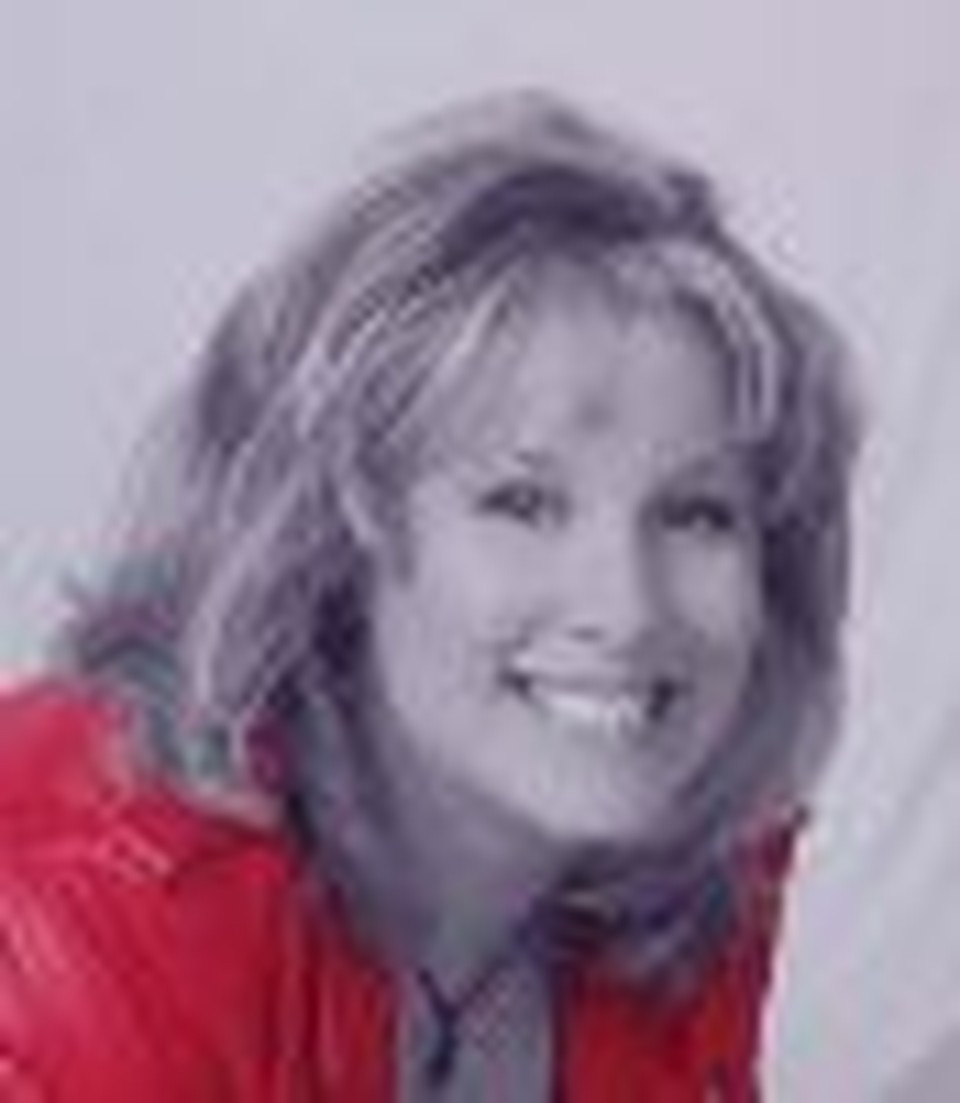Do You Feel Like the 'Invisible Woman?'

Sometime over the last few years, a quiet transition took place in my life as a woman-I became invisible. You may already know what I'm talking about. This phenomenon, I'm discovering, is horribly common among the female half of the species. So much so that the mere mention of it can bring tears to a woman's eyes.
My invisibility has nothing to do with lack of a pretty face or lively personality, but everything to do with a formidable acronym called BMI (body mass index). Following my exodus from the corporate world a few years ago, I gradually packed on 25 extra pounds that won't seem to budge no matter what I do.
Just 25 pounds, you say? No, it doesn't put me in the obese category, but it does render me invisible-at least in the state I call home, where golden tans and stick-thin bodies are the high-water mark of beauty.
Pop culture can be a cruel thing, especially when it renders attractive women "invisible" to an opposite-sex world conditioned to Hollywood standards of beauty. This gradual entry into invisible status seemed especially harsh because I had always enjoyed a reasonable amount of male attention-the kind every woman secretly yearns for: sideways glances on the street, a man tripping over himself to hold a door for you, random eye contact with a smile. Was I now undesirable?
I'm not alone in this predicament-not by any means. When I mentioned the "invisible" phenomenon to one friend, she nodded her head slowly. "I know what you mean," she said, her voice suddenly husky as she looked away. My sister could relate too. Over dinner one night, we discussed the invisible phenomenon, and sure enough tears sprang to her eyes. "After a while you just get used to it," she said. "You stop expecting it."
"Expecting what?" I asked.
"Expecting to be looked at."
Imagine our surprise when we took a trip to the North Carolina mountains last fall and caught several men looking our way. "Janet, did you see that?" I whispered as we made our way into a movie theater ticket line. "That man positively stared at you!" She smiled and told me she had noticed; the same thing happened to me. We both chalked it up to easier standards on women in this part of the country and men who actually like curves, God bless 'em. But we don't live in western North Carolina, or some other part of the country where beauty takes less strict forms than it does in the "glamour" states.
Driving back to our hotel, we couldn't stop talking about what had happened at the theater. Later, we found proof positive in an article about differing standards of female beauty. It included a quote from a man in (you guessed it) western North Carolina who said his mountain brethren appreciated women with curves.
I'm considering a move.
Seriously, this being a Christian website, I know I'm supposed to remind you that God looks on the inward beauty, not the outward form. We women are encouraged to cultivate the quiet beauty that comes from a life of purity and devotion to God.
I agree wholeheartedly to all those things, but at the same time I (and you) live in the real world: Show me a single flesh-and-blood woman who doesn't long to be beautiful and I'll show you a world that grades on a curve (hint: it doesn't). Whether we admit it or not, God placed inside us a desire to be desirable. It's right there in Genesis: "...and thy desire shall be to thy husband...." (3:16). That ancient longing-to be noticed and adored by a man.
I'm thankful for celebrities and other role models who are working to change pop-culture standards of beauty to a more reasonable status. I'm grateful to the sisterhood of women who love and accept one another despite our myriad foibles and failings. And I am grateful to God for shining the beauty and light of Christ in hearts that confess Him.
I've grown philosophical about this whole invisibility thing. People change, times change, and standards change.
"Who knows," I tell my sister. "Someday we may be the high-water mark of beauty."
She smiles back at me. "If we lived during the Renaissance, we'd be hotties!"
A. J. Kiesling is the author of Jaded: Hope for Believers Who Have Given Up on Church But Not on God (Baker). She welcomes your thoughts and comments. Feel free to write her at jaded0351@yahoo.com. For more information about Jaded, visit her online pressroom. Copyright 2005 by A.J. Kiesling.
Originally published June 07, 2005.







